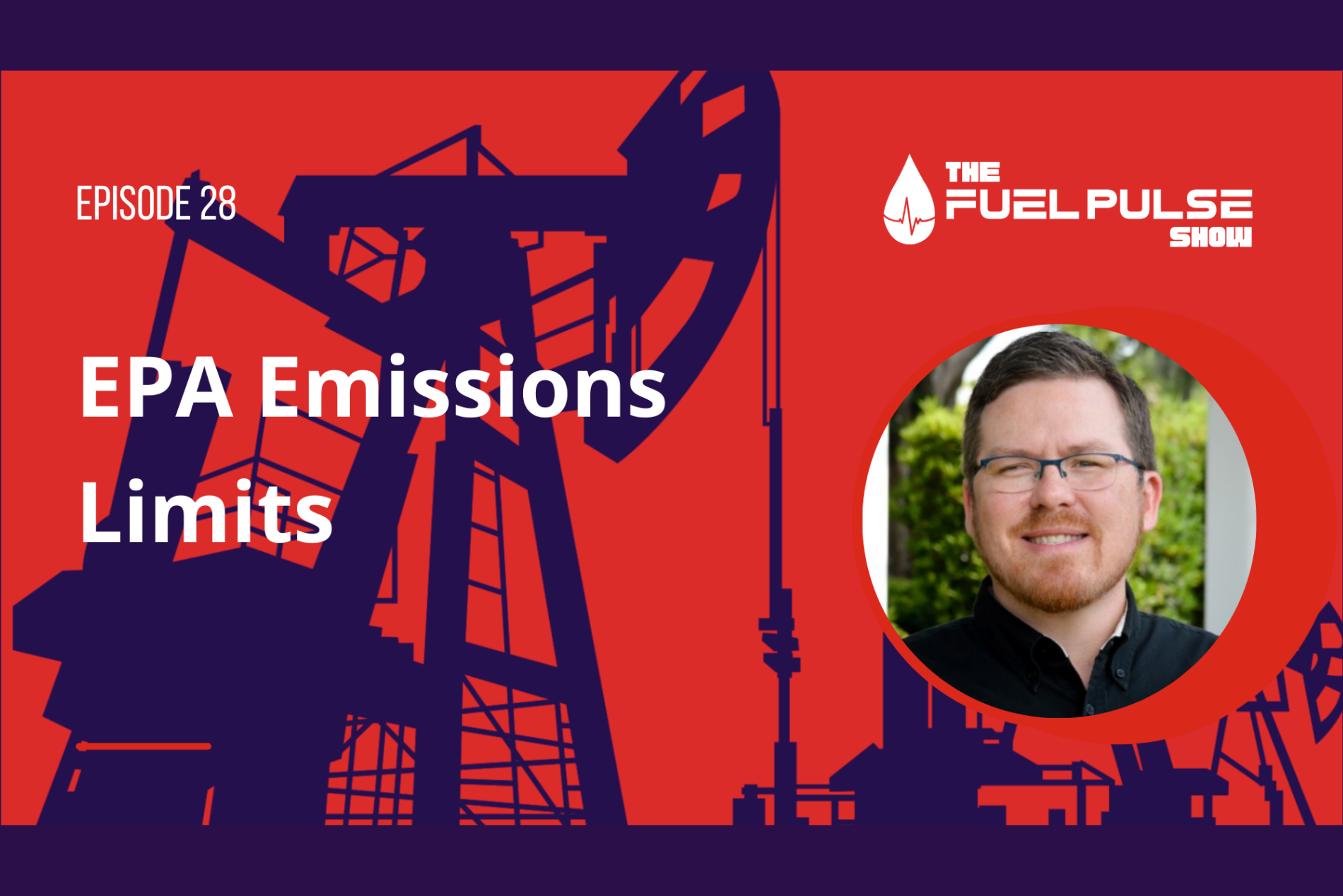Episode 026 - How To Solve a Microbe Problem (Part 1)
Fuel is the lifeblood of many industries, but with great power comes great responsibility. Unfortunately, keeping microbial contamination at bay is...

One of the subjects I talk about often on this podcast is what the different diesel fuel properties and tests mean from a property standpoint. The D975 tests are important because, together, they represent the critical benchmarks for quality and performance within the diesel fuel industry. Ensuring fuels meet specific criteria is crucial, so on today’s episode, I’ll be talking specifically about the distillation tests.
Listen in to hear what fuel distillation tests are, why they matter, and how they can help you tell if your fuel has gone bad. You will learn what these tests identify, as well as how you can use them most effectively. I’ll also discuss common explanations as to why fuel may get a bad test result and what you can do to address that situation if it arises.

Fuel is the lifeblood of many industries, but with great power comes great responsibility. Unfortunately, keeping microbial contamination at bay is...

Electric vehicles offer numerous benefits over traditional gas-powered cars and trucks, including lower maintenance and fuel costs. Imagine never...

1 min read
Welcome to part 2 of our series on solving microbe problems. In this episode, we delve into the crucial steps that follow water cleanup in your tank,...